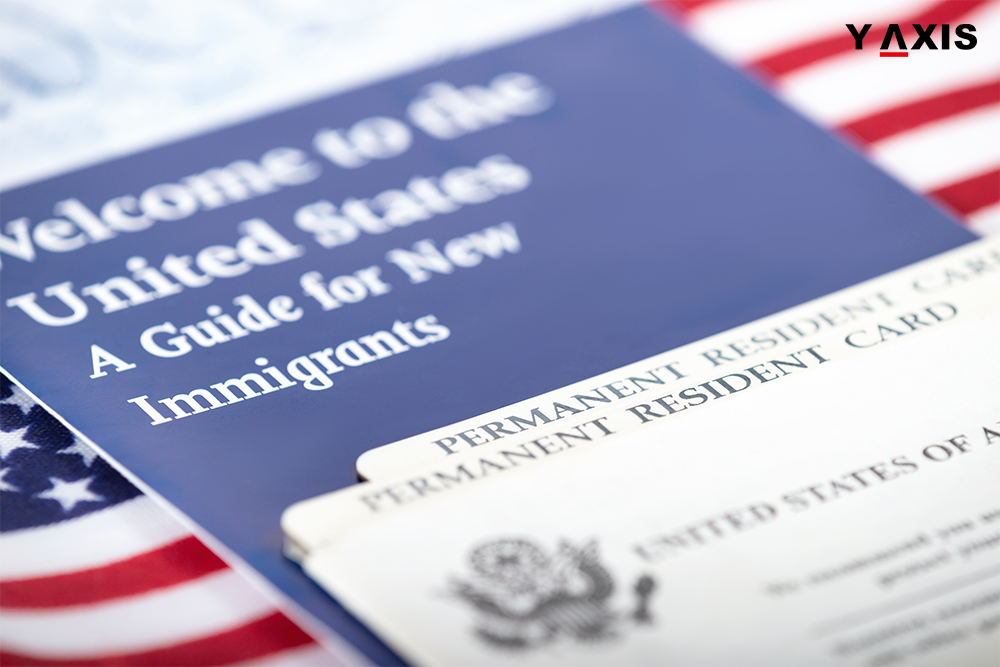In order to obtain a permanent resident card or an immigrant visa for the United States, an individual is required to go through a medical examination. The age and condition of the applicant would also affect the requirements of the comprehensive examination.
Only select physicians are eligible to conduct this highly regulated examination. For individuals applying for an immigrant visa in US Embassy in their home country, only a panel physician by the Department of State is entitled to conduct the examination.
If the individual is applying for an immigrant visa in a United States Embassy abroad, the examination can only be conducted by a panel physician designated for this job, while for individuals applying for the same in the US and its territories, a USCIS (United States Citizenship and Immigration Services)-designated civil surgeon is the only authority allowed to conduct the medical examination.
The intention of the examination is to ascertain if the individual is suffering from any physical or mental conditions that may consider them unfit as per the Immigration Naturalization Act. The goal of the examinations is also to help the Immigration Officer or Consular Officer to determine whether a particular individual is likely to pose a threat to the health and lives of the general population. Here, the physicians are provided the technical instructions by the Centers for Disease Control and Prevention to conduct the exam properly; the CDC publishes the types of ailments that may prove an individual unfit to be granted a visa. For instance patients of syphilis, tuberculosis, or leprosy will not be eligible for one. If it is revealed in an examination that an individual suffers from an ailment than can be treated, she/he has to undergo that treatment and should submit a clearance before being eligible for an immigrant visa or a permanent resident card.
The treatment can possibly last months, and failure to undergo the treatment will result in the denial of the visa or adjustment application. In cases of diseases that are deemed untreatable and for which a waiver is not obtained, the application of the patient will be denied. The types of diseases that are considered inadmissible can also change throughout the years. For example, a foreign national who was HIV positive was considered inadmissible from 1993 to 2010. However, this was changed in 2010, and certain foreign nationals who are HIV positive may apply for certain immigration relief.
In addition to physical ailments, an individual’s mental condition or history can also render an individual inadmissible. For example, an individual who suffers from a history of suicide attempts may be seen as a threat to themselves as well as to the general public. The examination may also reveal past drug addiction, which could possibly render an individual inadmissible.
During the examination, the physician will also have an opportunity to determine whether the individual has had all the necessary vaccinations, and to administer such vaccinations. This protects the individual applicant’s overall health as well as those around them.
The medical examination is a requirement for all immigrant visa applicants and adjustment applicants. Failure to comply with this requirement will lead to a denial of the application. It is also generally recommended that an individual obtain the necessary treatments for their physical and mental condition, in order to prevent any further delays in the immigration proves. Thus, a consultation with an experienced immigration attorney is recommended.




What medical examination for US immigration visa applicants involves
Posted on August 9, 2016